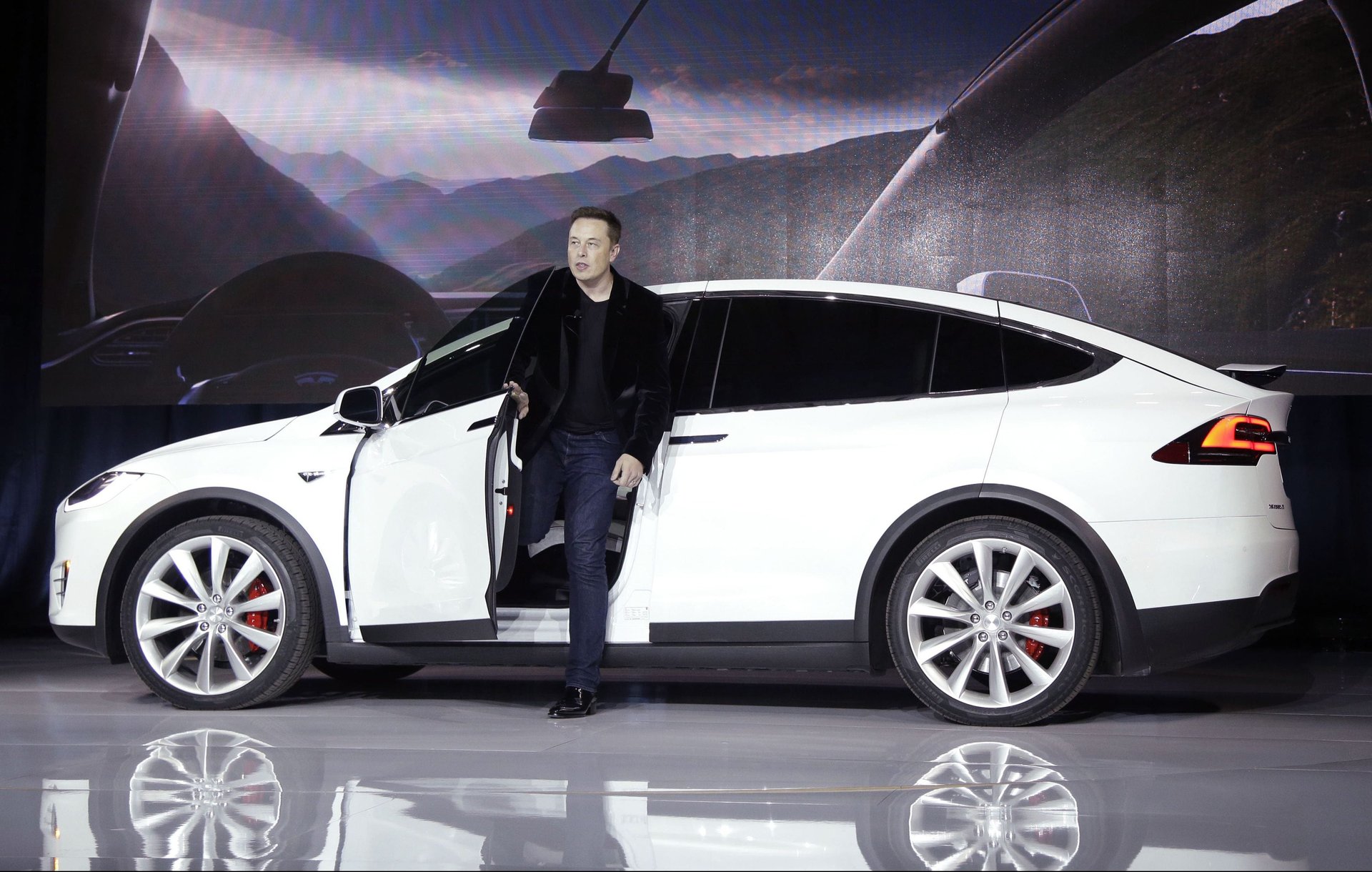Trump may relax fuel efficiency standards for cars, but his energy policies generally are just happy talk
Auto industry lobbyists are urging Donald J. Trump to loosen the mandate for cars with better and better fuel efficiency, and to rethink the regulation of autonomous vehicles. Analysts expect him to go along with at least part of that agenda.


Auto industry lobbyists are urging Donald J. Trump to loosen the mandate for cars with better and better fuel efficiency, and to rethink the regulation of autonomous vehicles. Analysts expect him to go along with at least part of that agenda.
Trump will also dismantle US climate-change policies. But by and large, his talk of a new day for coal and shale oil is likely to have very little impact on either market.
Current requirements mandate that by 2025 automakers produce cars that get an average of 54.5 miles per gallon, about double their current efficiency. That’s what’s pushing them to develop electric cars (so is Tesla’s Elon Musk, pictured above, who carmakers fear may steal their business the way that Steve Jobs killed Nokia’s and Blackberry’s businesses. But Trump can’t simply will Musk into oblivion).
In an eight-page letter sent to Trump on Nov. 10, the Auto Alliance, an industry lobbying group whose members include the big three US carmakers, urged Trump to revise the efficiency mandate. The letter did not spell out how fuel mandates should be changed, but analysts have always assumed that the carmakers would seek some leeway. John Mashburn, a senior Trump adviser, told the Wall Street Journal that the president-elect will give the standards a fresh look, and seemed to suggest that they may go too far.
Look for two moves from Trump: lower efficiency targets, and a longer time to reach them. The question will be how low, and whether the administration effectively makes them voluntary.
The Auto Alliance is still reviewing the Obama administration’s proposed rules on autonomous cars, but said, “the test of policy at a conceptual level should be: How do we save the most lives by promoting the rapid deployment of these technologies while also maximizing public safety and building public support for their adoption?”
Trump’s emphasis in the campaign was always on fossil fuels. He vowed to bring jobs back to the coal industry, which is what juiced his support in hard-luck states like West Virginia. That’s in part what his dismantling of climate change rules will be about.
But analysts and the industry itself doubt coal can be revived, because cheap shale gas is causing use of coal to plummet. Electric power companies have been refitting their plants from coal to natural gas because they expect it to be cheaper for a long time to come. “A renaissance seems unlikely in competition with cheap gas,” said WoodMackenzie, the energy research firm, in a recent analysis.
Trump has said that he will lift regulations as a way to raise the production of US shale oil and gas, a move that—if it worked—would make coal even more uncompetitive.
But regulation isn’t what’s holding back US oil production.
When the US added 5 million barrels of oil a day through hydraulic fracturing starting in 2011, it triggered a chain reaction in which other oil-producing countries—OPEC and Russia—raised their production, too. That set in motion the low oil prices we currently have. Saudi now is recontemplating that strategy because it failed to kill off shale as it hoped. Meanwhile, OPEC said today that it produced at record levels last month—33.6 million barrels a day, and there is uncertainty that the cartel will be able to agree to a cut when it meets later this month.
The market understands this. Oil prices continued their plunge today, with internationally traded Brent crude dropping 1.8% to $45.02 a barrel as of this writing. Pioneer Natural Resources, which is highly exposed to shale, was up a modest 3% over the last two days. ExxonMobil, with the largest unconventional oil unit in the US, also rose only 3%.
In a note to clients, Citi suggested that, until oil prices rise, production won’t either, regardless of whether Trump’s deregulation lowers drilling costs. “Low prices do not really raise incentives for more production beyond what’s profitable,” the bank said.